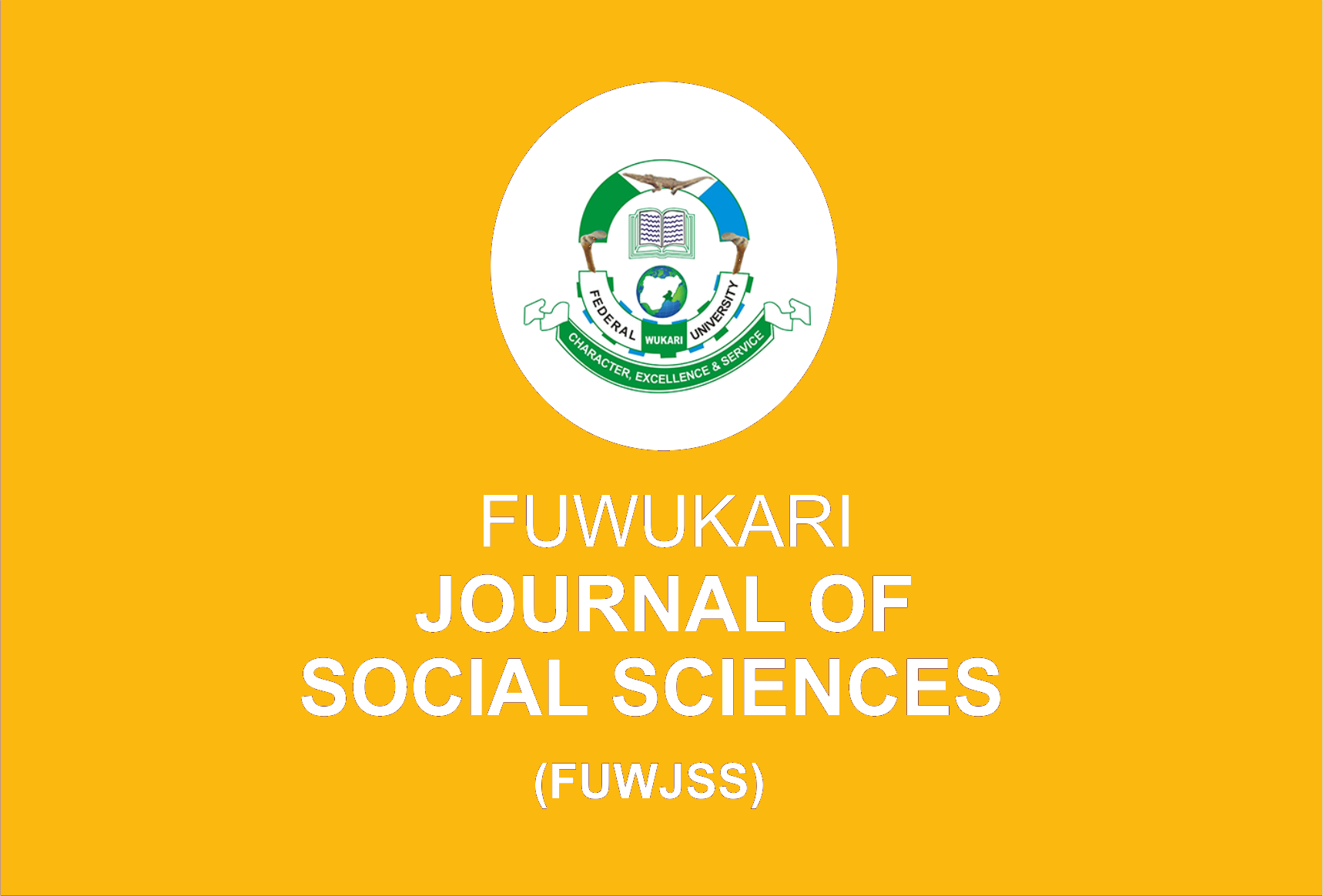Factors Militating Against Gender Equality And Women Empowerment In Nigeria
Mohammed Rahama Omas, Abdullahi Mohammed Abdul, Shuaibu Umar Abdul
Keywords: Empowerment, equality, gender, harmful practices, United Nations
Abstract
Although the United Nations has adopted several conventions and declarations for the equal rights of men and women and pledged to advance gender equality in international fora; yet, millions of women around the world, most especially in Nigeria continue to experience discrimination. Thus, this study probes factors that militate against gender equality in Nigeria. The Eager’s Model of International Norm Construction theory formed the theoretical lens that guided analyses in the study. Data for the study emerged from both primary and secondary sources. Findings show that low literacy rate in Nigeria has consistently slowed the pace of progress in promoting the rights of women and negatively impacted the enjoyment of their rights. Likewise, weak institutional capacities and inappropriate prioritization of resources undermine the effectiveness of existing laws and efforts in achieving gender equality in Nigeria. The study concludes that women in Nigeria are in less powerful positions to challenge exploitation when it occurs, as they often face gendered forms of exploitation such as the demand for sex in return for particular services or resources. The study recommends that the Nigerian government should collaborate with traditional rulers in Nigeria and other stakeholders to ensure that all harmful and traditional practices which target only women are abrogated.
Author Biography
Mohammed Rahama Omas, Abdullahi Mohammed Abdul, Shuaibu Umar Abdul
Department of Political Science, Nasarawa State University, Keffi
Email: [email protected]; [email protected]

